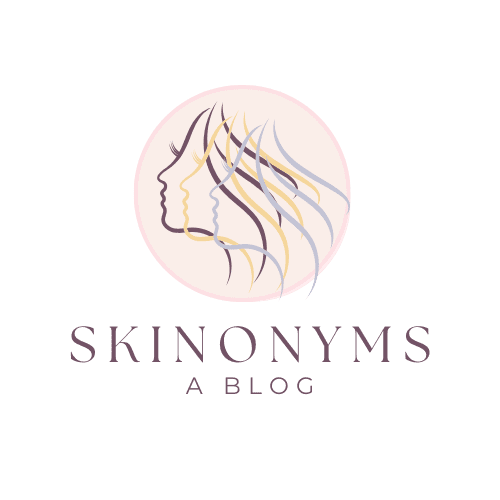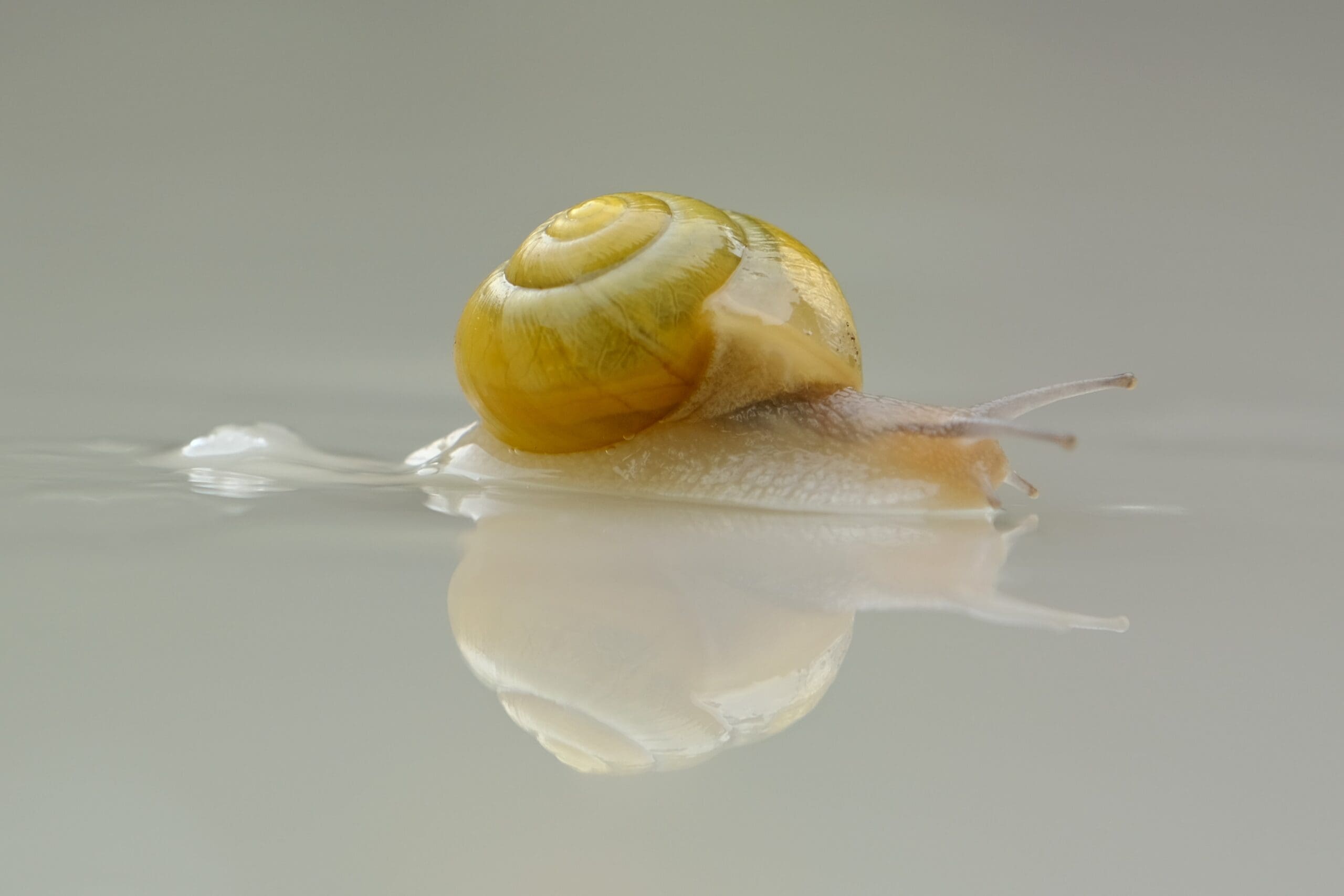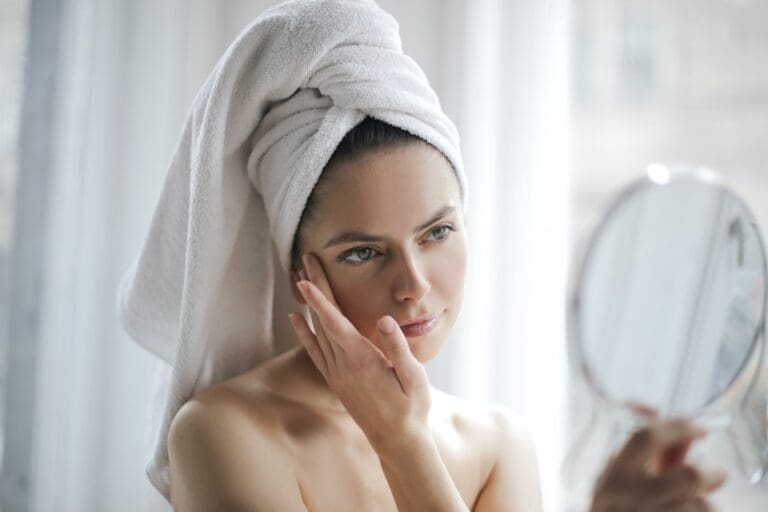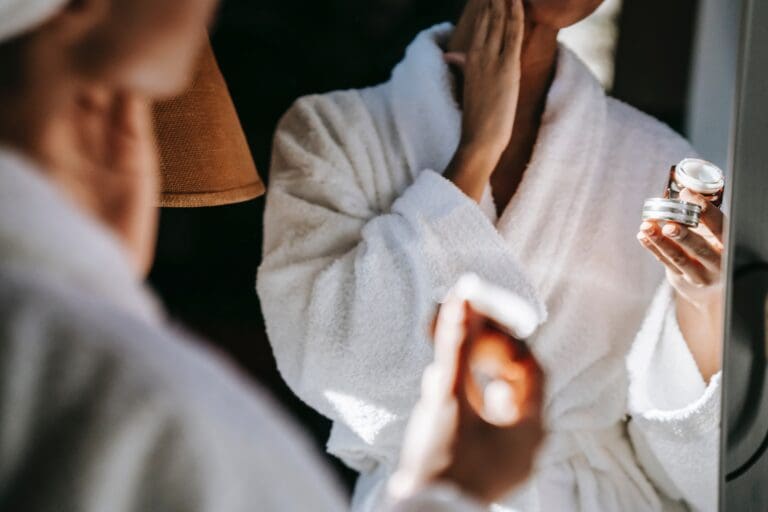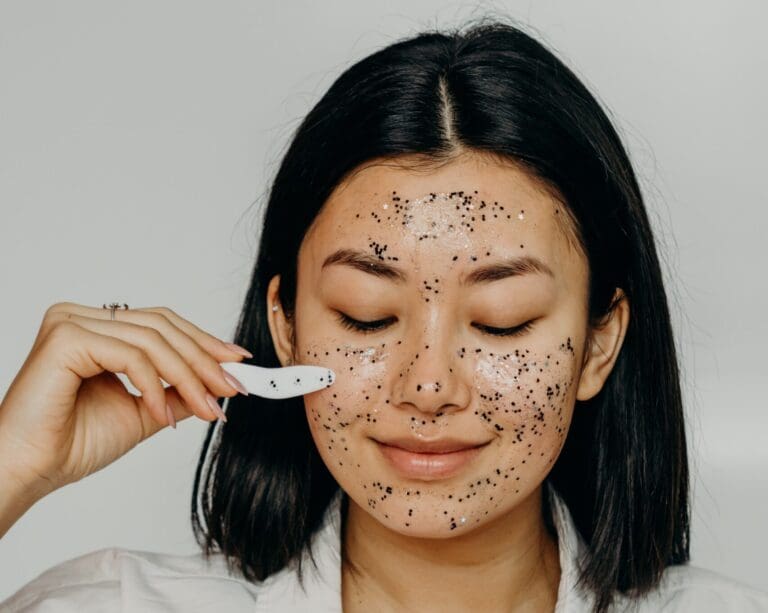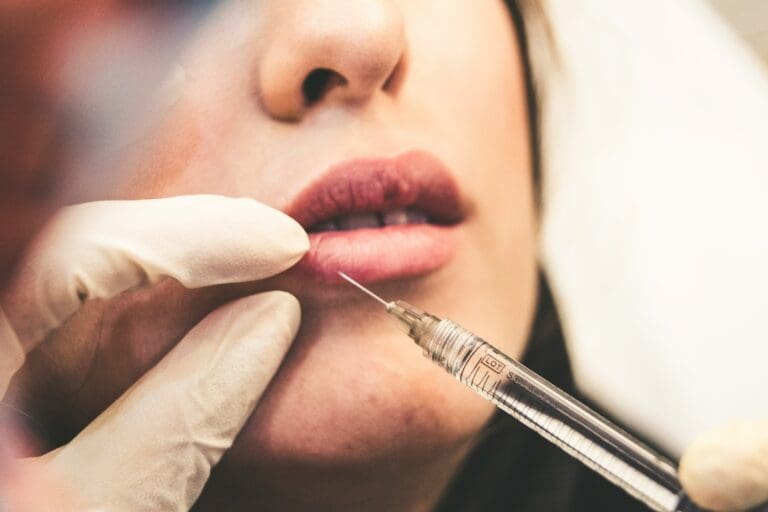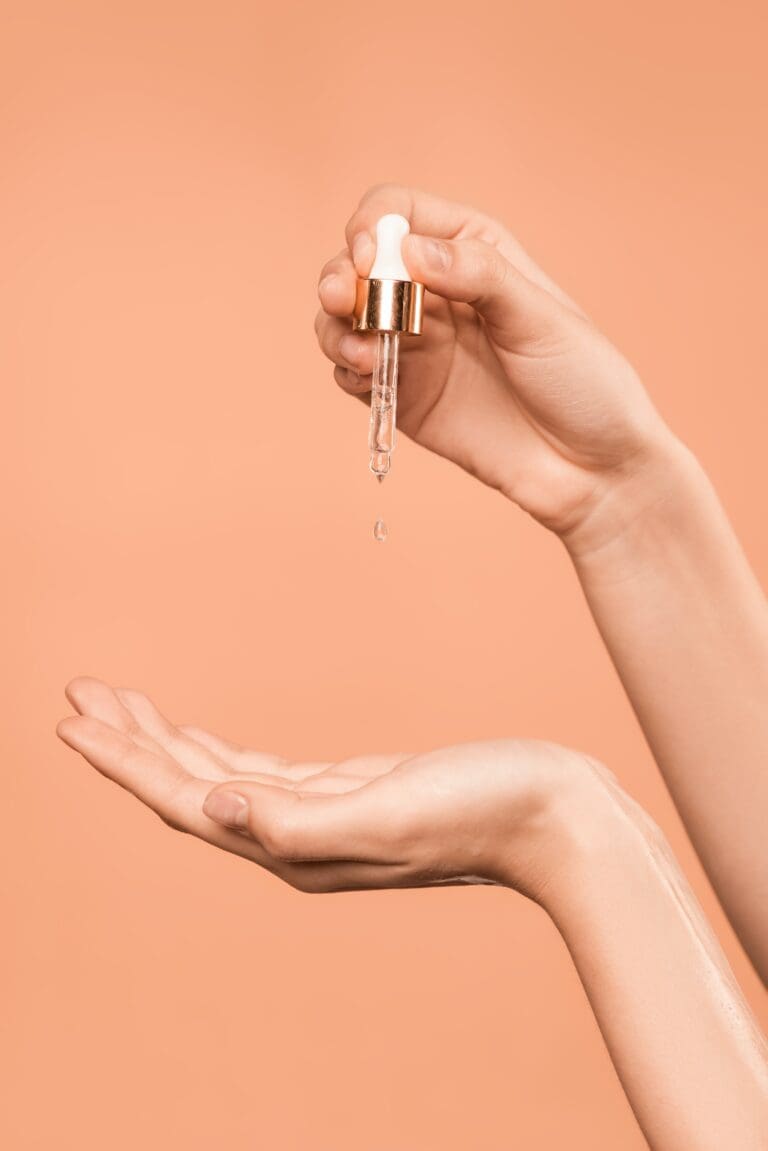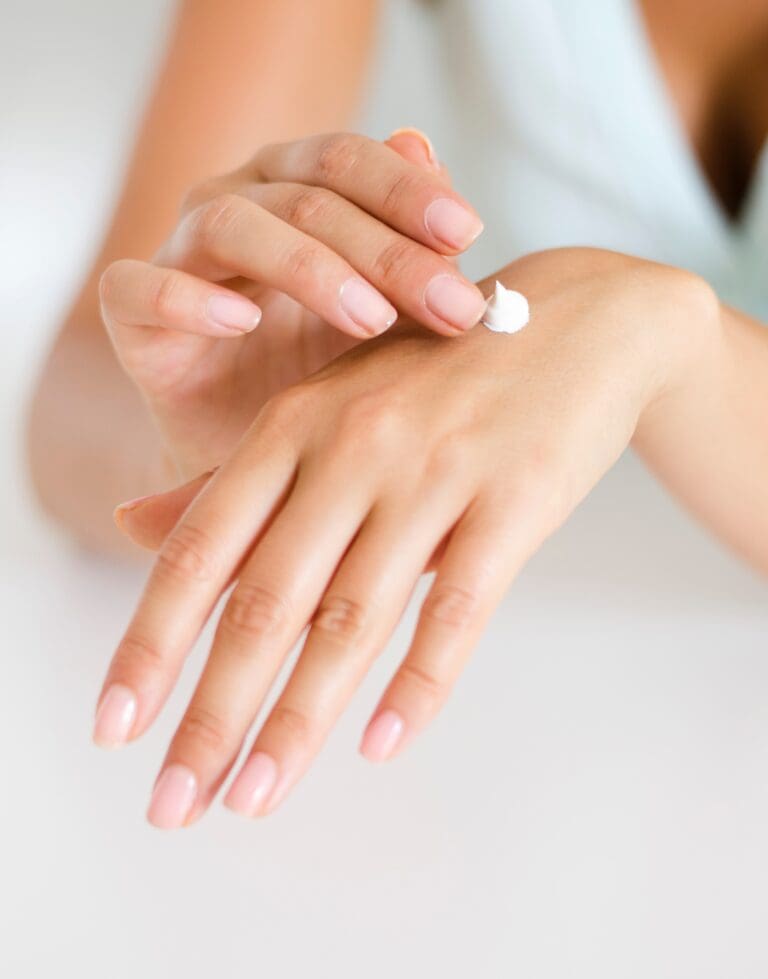Alternatives to Snail Mucin
If you’re a skincare enthusiast, you may have heard of snail mucin or snail secretion filtrate. If you’re new to the world of skincare, you might be wondering what snail mucin is and why it’s become such a popular ingredient. If you are vegan, you will be wondering if there is an alternative out there that will fulfill the same role as snail mucin without being an animal product. And to some, it may sound strange to put snail slime on your face. But it has become a popular ingredient in many skincare products. So, what is it exactly?
What is Snail Mucin
Snail mucin, also known as snail slime, snail secretion filtrate, or snail mucus, is a gel-like substance produced by snails to protect and repair their skin. This ingredient has been used in skincare dating back to ancient Greece, where Hippocrates reportedly used crushed snails to soothe and heal skin.
Snail mucin has also been used for centuries in traditional medicine to treat a variety of skin conditions, such as acne, scars, and wrinkles. According to Everyday Health, it contains a variety of beneficial compounds, including proteins, enzymes, hyaluronic acid, copper peptides, antimicrobial peptides, iron, zinc, and proteoglycans. These elements work together to hydrate, soothe, and rejuvenate the skin.
Today, snail mucin is a popular ingredient in many skincare products. The mucin is harvested from the Chilean Earth Snail, which is known for its regenerative abilities. The snails are not harmed during the extraction process, which involves gently collecting the mucin from their slime trail. However, if you are concerned, look for the cruelty-free certification.

The Composition of Snail Mucin
So, what’s in snail mucin? The exact composition can vary depending on the species of snail, but typically it contains a combination of glycosaminoglycans (water-binding molecules that can hold almost 1,000 times their weight), hyaluronic acid, glycoproteins, and antimicrobial peptides. These components work together to hydrate, soothe, and protect the skin. Snail mucin is also rich in antioxidants, which can help to improve the skin’s protective barrier and prevent damage from environmental stressors. In addition, snail mucin also contains trace amounts of other minerals such as manganese, iron, selenium, and potassium. These minerals have antioxidant properties that can help to protect the skin from damage caused by free radicals.
Proteins are the building blocks of the skin, and snail mucin contains a variety of proteins that help to repair and regenerate damaged skin cells. Collagen is a protein that is essential for maintaining skin elasticity and firmness, and snail mucin contains collagen-like proteins that can help to improve skin texture and reduce the appearance of wrinkles.
Hyaluronic acid is another important component of snail mucin. It is a natural humectant that helps to hydrate the skin by attracting and retaining moisture. Glycolic acid is also present in snail mucin, which is an alpha-hydroxy acid (AHA) that helps to exfoliate dead skin cells and promote cell turnover.
Copper and zinc are essential minerals that play a role in collagen synthesis and wound healing. And glycoproteins can help to stimulate collagen production and improve skin elasticity.
Potential Risks and Precautions
While snail mucin is generally considered safe for most people, there are a few potential risks and precautions to keep in mind.
Patch Test
It’s always a good idea to do a patch test with the first use of any product prior to applying it all over your face. You can apply a pea-sized amount of the product to the bend of your elbow. If you feel it best to test the facial skin, use a very small amount in front of the ear. Wait 24-48 hours to see if you have any allergic reactions. If you experience redness, itching, or swelling, you may be allergic to snail mucin and should avoid using it.
Allergies
If you have a known allergy to shellfish, you may also be allergic to snail mucin. This is because snails are also considered a type of shellfish. If you’re not sure whether you’re allergic to shellfish or snail mucin, talk to your doctor before using any products containing snail mucin.
SPF
It’s important to note that snail mucin does not contain SPF, so you’ll still need to apply sunscreen to protect your skin from the sun’s harmful UV rays.
Vegan
If you’re vegan, you may want to avoid using snail mucin since it is derived from an animal. There are plenty of vegan-friendly skincare products that will perform similar tasks to snail mucin. Below is a list of products that would be a great substitute.

Vegan Alternatives to Snail Mucin
Hyaluronic Acid
If you’re looking for a vegan alternative to snail mucin, hyaluronic acid is a great option. This ingredient can help to hydrate and plump the skin. It is also said to help reduce the appearance of fine lines and wrinkles.
Vitamin C
Vitamin C is a powerful antioxidant that can help to brighten and even out your skin tone. It can also help to protect your skin from environmental damage, such as pollution and UV rays.
Peptides
Peptides are chains of amino acids that can help to boost collagen production in your skin. Collagen is a protein that helps to keep your skin looking firm and youthful.
Retinoids
Retinoids are a type of vitamin A that can help to reduce the appearance of fine lines and wrinkles, as well as improve skin texture and tone. They can also help to unclog pores and prevent breakouts.
Sunscreen
One of the best things you can do for your skin is to protect it from the sun. Sun damage can cause wrinkles, age spots, and even skin cancer. Look for a broad-spectrum sunscreen with an SPF of at least 30 and apply it every day, even when it’s cloudy.
Overall, there are plenty of alternatives to snail mucin that can provide similar benefits for your skin. Whether you’re looking for vegan-friendly options or powerful anti-aging ingredients, there’s something out there for everyone.
Start a conversation with a stranger.
Viverra nibh cras pulvinar mattis nunc sed blandit. Aliquet eget sit amet tellus cras adipiscing enim. Rutrum quisque non tellus orci ac auctor augue mauris. Maecenas volutpat blandit Viverra orci sagittis eu volutpat odio facilisis mauris sit. Facilisi cras fermentum odio eu feugiat pretium. Aliquam purus sit amet luctus. Euismod quis viverra nibh cras. Sed faucibus turpis in eu mi bibendum. Turpis tincidunt id aliquet risus feugiat.

Volutpat maecenas volutpat blandit aliquam etiam. Arcu odio ut sem nulla pharetra diam sit. Sit amet nisl suscipit adipiscing bibendum est ultricies.
Ornare aenean euismod elementum nisi quis eleifend quam adipiscing. Morbi leo urna molestie at. Tempus urna et pharetra pharetra massa massa ultricies mi. Massa sed elementum tempus egestas sed sed risus
Tellus integer feugiat scelerisque varius morbi. Augue mauris augue neque gravida in fermentum et sollicitudin ac diam ut venenatis tellus in metus.
Congue eu consequat ac felis donec et. Turpis tincidunt id aliquet risus feugiat in ante metus dictum. Leo vel orci porta non pulvinar neque. Vitae tortor condimentum lacinia quis vel eros. Ac orci phasellus egestas tellus rutrum tellus pellentesque. Id neque aliquam vestibulum morbi. Hac habitasse platea dictumst quisque sagittis purus sit amet.
